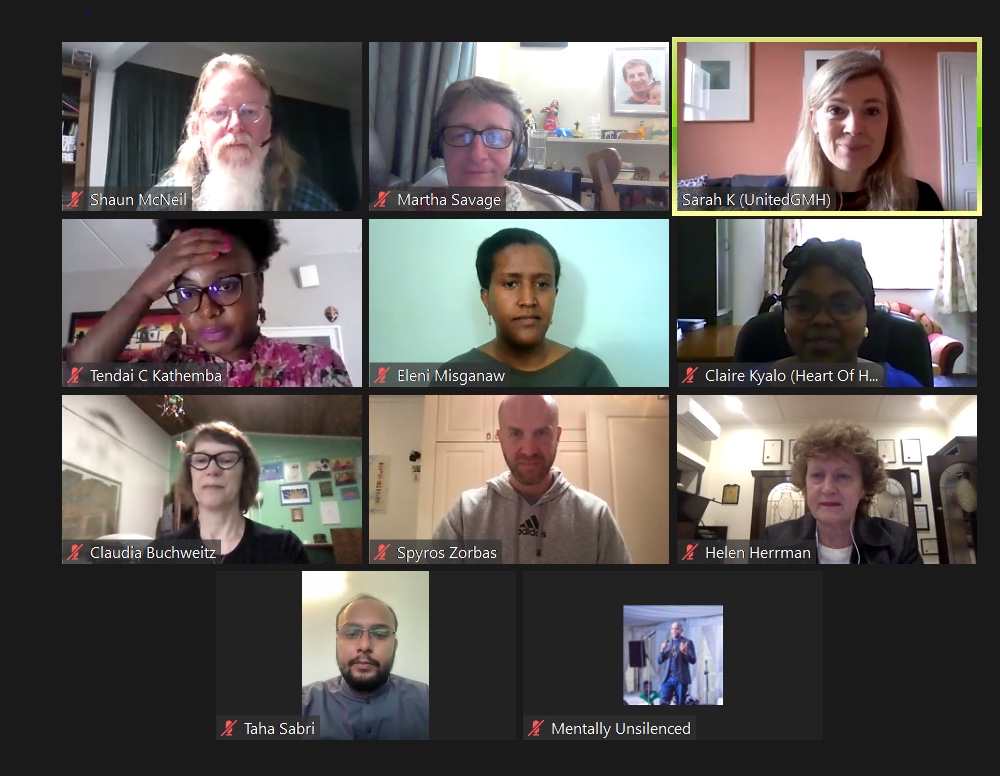These are extraordinary times when more people than ever admit to being frightened, anxious or depressed. The prominence of depression—already growing as a result of deepening economic recession and inequity around the world—now looms larger than ever in the public imagination.
There is an urgency to understand how to define depression as distinct from the other troubles that people face, and at unrecognized levels in ordinary life. While many people might be comfortable acknowledging distress, far fewer people seem willing to admit to experiencing a stigmatized mental health condition such as depression.
And few governments acknowledge the brake that growing rates of depression place on social and
economic development.
Taskeen was invited by Lancet Commission to participate in a discussion on addressing depression.
Depression is a disorder of mood, so mysteriously painful and elusive in the way it becomes
known to the self—to the mediating intellect—as to verge close to being beyond description.
It thus remains nearly incomprehensible to those who have not experienced it in its extreme
mode.
William Styron, Darkness Visible,
Following are the recommendations of the Lancet WPA Commission on Depression;
People with Depression/the general community:
1. There is no shame in suffering from depression which is a common, disabling human condition
that is distinct from sadness and grief and affects the lives of women and men of all ages, and
sometimes children, across cultures.
2. Seek help early as this increases the chances of recovery.
3. Always remain hopeful because most persons with depression will recover with the right
support and treatment
4. Ensure that treatment is informed by the best scientific evidence, focused on your priorities,
with decisions made collaboratively with you, and engaging where possible with your family,
friends and community and peer helpers.
5. Be part of the solution: by educating yourself about the illness; practicing self-management to
get well and stay well; and sharing your experience, supporting others, and speaking up for the
need for care and against discrimination.

